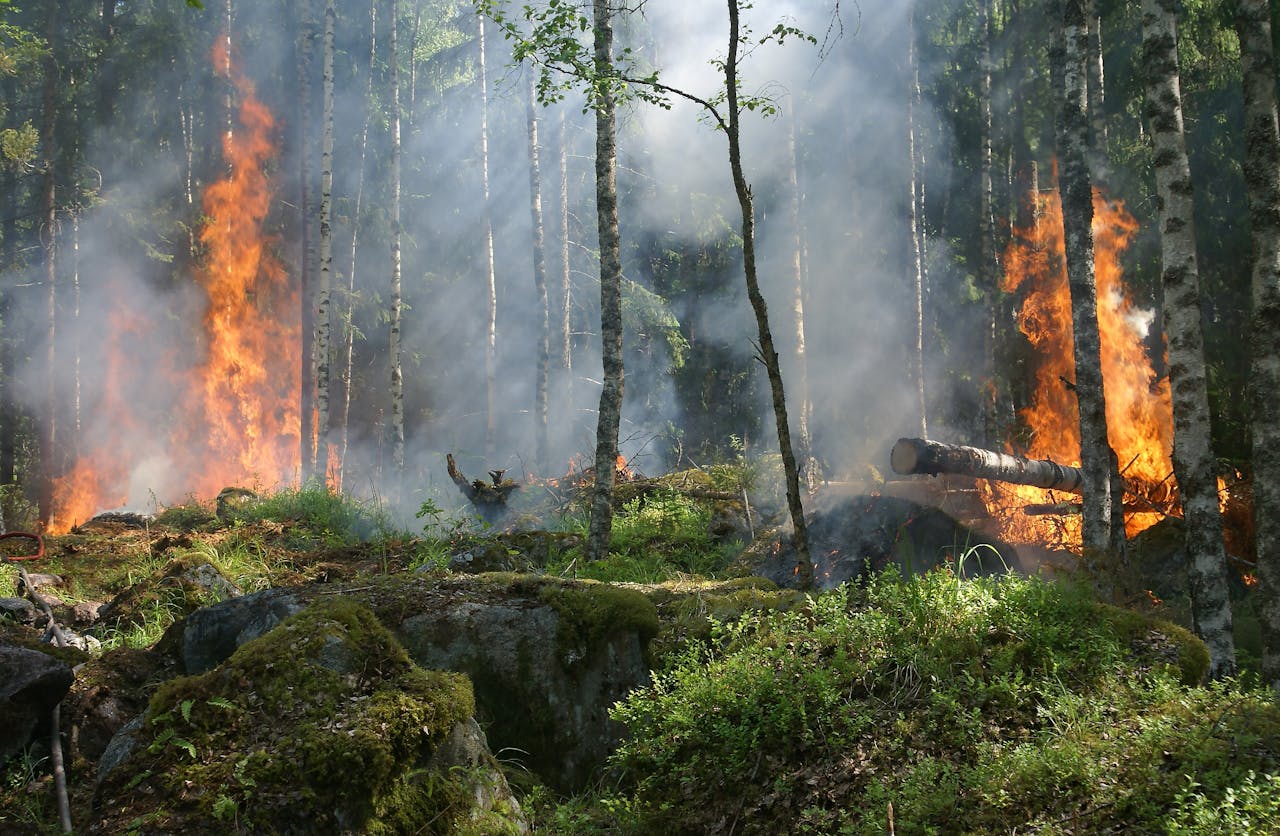
January 10, 2025
Paper Trails, Cash Advances, And More Insurance Settlement Insight For Those Who Lost A Home Or Business In The LA Wildfires
An overview of the prolonged insurance claim process for those affected by the LA wildfires.
Three active fires have blazed in Los Angeles, California, displacing over 80,000 people and destroying more than 2,000 structures. For those facing the long road to rebuilding after losing everything, the first step for many will be navigating the process of working with their home insurance providers.
As The LA Times cites, filing an insurance claim is a lengthy and often complex process. However, it’s one of the many steps necessary after losing a home or business. Resolving a claim can take months — or even years — and the significant reductions many insurance companies have made in coverage for fire-prone areas only add to the stress and uncertainty.
California’s Department of Insurance offers a top 10 list of tips for wildfire victims, including thoroughly reviewing your insurance policy, tracking living expenses, and documenting all correspondence with your provider. Other recommendations include obtaining a contractor’s rebuild cost estimate and considering legal assistance to navigate the claims process.
Once in a safe location, victims should contact their insurance company to file a claim and provide a detailed account of the incident. An insurance adjuster will assess your claim to determine the insurer’s liability and the payout amount.
If your property was destroyed, insurance providers are obligated to immediately pay at least one-third of the estimated value of your personal belongings (known as contents) and a minimum of four months’ rent based on the local rates in your area. Michael Soller, a spokesperson with the California Department of Insurance, confirmed that the payments are required if an adjuster has inspected your home.
Claimants can request cash advances from insurance providers to cover living expenses, including renting furniture. Some companies even offer services to fully furnish temporary homes, including towels, sheets, and kitchen utensils.
Annie Barbour, a coordinator for United Policyholders, a nonprofit focused on insurance and consumer rights advocacy, advises maintaining a detailed paper trail. Documentation should include records of conversations with specific personnel and their timestamps, photos of receipts for expenses like hotel stays and pet boarding, images taken before any cleanup or debris removal, an inventory of damaged or destroyed property, and follow-up emails after speaking with your adjuster.
“You want that paper trail: ‘I talked to you on this date, this is what I heard you say,’” Barbour said.
“That’s huge. It keeps you from having to take two steps forward and one step back,” especially as adjusters often get reassigned midway through the process.
After an adjuster’s inspection, Barbour suggests seeking a second opinion from an experienced construction professional or an independent public adjuster. However, the Department of Insurance advises attempting to settle your claim directly with your insurance company before considering hiring a public adjuster or lawyer.
What claimants receive depends on their insurance policy and the specific coverage benefits included. Generally, insurance companies are obligated to cover damage on a “like and kind” basis, meaning you are entitled to the amount necessary to rebuild or repair a home of comparable quality and value.
“So if you had an older home and it didn’t have any crown molding, it didn’t have wood floors, they’re not going to give you an upgrade,” Barbour said.
Local assistance centers are available to help replace essential documents lost in the fires, such as passports, driver’s licenses, and birth, death, or marriage certificates. They can also assist with having your property taxes reevaluated.
For renters, the rental policy will likely cover the cost of lost belongings and temporary housing. However, it depends on the policy; some only cover house fires, not wildfires.
Business owners filing a claim must complete a proof of loss form or schedule an appointment for an adjuster to assess the property. Gather all relevant business records, including documentation of the value of damaged inventory, equipment, or structures.
Depending on the policy, you may receive coverage for commercial property damage, loss of income, and relocation expenses. Claimants must access the property to document the damage in detail, secure it, and make temporary repairs to prevent further harm.
RELATED CONTENT: Jay-Z’s Attorney Cites Loophole In Hopes of Getting Assault Lawsuit Thrown Out